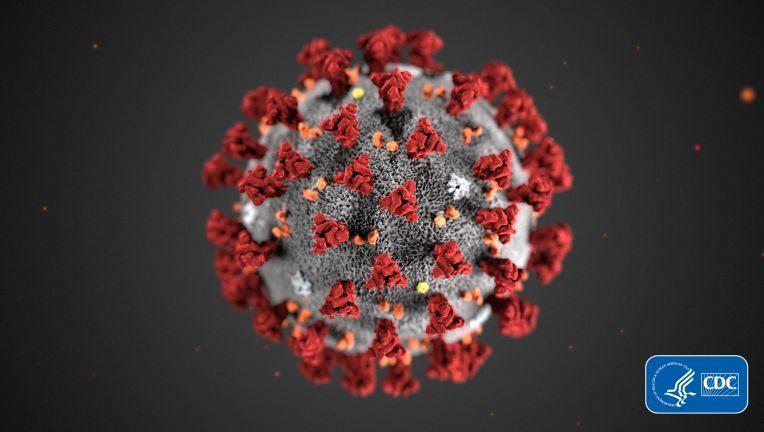New COVID-19 Biobank at UK Will Support Research

LEXINGTON, Ky. (April 16, 2020) — In response to the COVID-19 pandemic, the University of Kentucky Center for Clinical and Translational Science (CCTS) has created a new biospecimen bank to support research on the novel virus. Logistical support for the biobank is led by the UK Markey Cancer Center.
The COVID-19 Research Registry and Specimen Bank will collect specimens from volunteers who have tested positive for or are suspected of having the virus. The bank will work closely with the UK COVID-19 Unified Research Experts (CURE) Alliance team, a new workgroup within UK’s College of Medicine that unites experts from across the campus to focus on advising COVID-19 patient care and clinical trials.
In launching the biobank, the CCTS builds on expertise and experience developed while creating its unique universal biobank, launched in 2014, which consents patients coming to UK for scheduled surgery and utilizes leftover blood or tissue from standard clinical care. There are currently more than 35,000 patients enrolled in the universal biobank, and more than 3,000 samples have been dispersed to researchers.
“We are leveraging our skillset to create a single COVID-19 bank that serves the entire campus,” said Ken Campbell, Ph.D., director of the CCTS biospecimens core. “The CCTS infrastructure helped us to roll out quickly and our steering committee is trusted to prioritize sample allocation. We are grateful to have the chance to contribute.”
The CCTS set up the COVID-19 biobank in record time — less than two weeks, whereas the center’s universal biobank took around 18 months to build, approve and operationalize. Campbell says the expertise of Marietta Barton-Baxter, the CCTS regulatory manager, was the primary engine in the rapid response.
“In one week Marietta did all the regulatory paperwork to get a COVID biobank up and running. I don’t think anyone on campus could have done this other than her. Setting up a new bank is very complicated because you have to understand almost the entire university — regulatory, basic science, clinical environments — and you have to know who to talk to,” Campbell said. “Marietta took her 20 years of experience and networking and compressed it all into a very intense week to generate a robust protocol.”
Crucial guidance was also provided by Jamie Sturgill, Ph.D., assistant professor in the Division of Pulmonary, Critical Care & Sleep Medicine; Chris Waters, Ph.D., professor of physiology; and Pete Morris, MD, chief of the division of pulmonary, critical care and sleep medicine.
The informed consent process for the COVID-19 biobank participants will be handled remotely, coordinated by clinical research coordinators from the CCTS.
Additional support is coordinated by the UK Markey Cancer Center, which will help to manage biospecimens.
“One of the strengths of our institution is the collaborative nature of our research teams,” said Dr. Susanne Arnold, associate director for clinical translation at the UK Markey Cancer Center. “When the CCTS called us, I reached out to the Markey Cancer Center’s Biospecimen Procurement and Translational Pathology Shared Resource Facility to bring our expertise in rapid tissue processing, immunologic functional assays and storage capacity to support the CCTS. It is an honor to be able to rapidly work as a team across institutional groups to make this COVID-19 biobank a reality. It is such an important resource for UK researchers and we are glad to be part of the team to respond to the COVID-19 pandemic in Kentucky.”
“This new biobank is part of the University of Kentucky for Kentucky,” said Dr. Philip A. Kern, director of the CCTS. “In this emergent clinical situation, many researchers have dropped everything they’re doing and are repurposing all their skills to address this immediate need. The CCTS COVID-19 biobank will be an essential resource in advancing discoveries on this new and dangerous virus.”
For information about working with the CCTS COVID-10 Biobank, visit the website.
The project described was supported by the NIH National Center for Advancing Translational Sciences through grant number UL1TR001998.